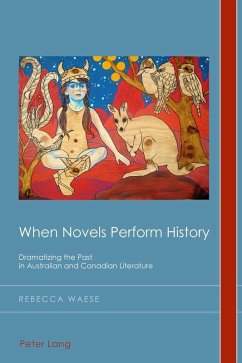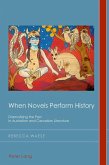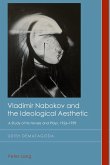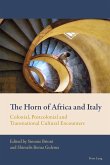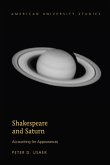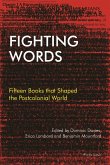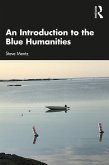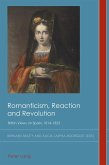How do you bring history alive? This book explores the use of dramatic modes - such as melodrama, metatheatre, and immersion - to bring immediacy and a sense of living presence to works of literature rooted in history. Focusing on Australian and Canadian literature from the late 1980s to the present, the book features original research on novels by award-winning writers such as David Musgrave, Richard Flanagan, Daphne Marlatt, Peter Carey, Tomson Highway, Thomas Keneally, and Guy Vanderhaeghe. The analysis addresses how these writers use strategies from drama and theatre to engage with colonial and postcolonial histories in their novels and create resonant connections with readers. Some of the novels encourage readers to imagine themselves in historical roles through intimate dramatizations inside characters' minds and bodies. Others use exaggerated theatrical frames to place readers at a critical distance from representations of history using Brechtian techniques of alienation. This book explores the use of dramatic modes to enliven and reimagine settler-invader history and bring colonial and postcolonial histories closer to the present.
Dieser Download kann aus rechtlichen Gründen nur mit Rechnungsadresse in A, B, BG, CY, CZ, D, DK, EW, E, FIN, F, GR, HR, H, IRL, I, LT, L, LR, M, NL, PL, P, R, S, SLO, SK ausgeliefert werden.

